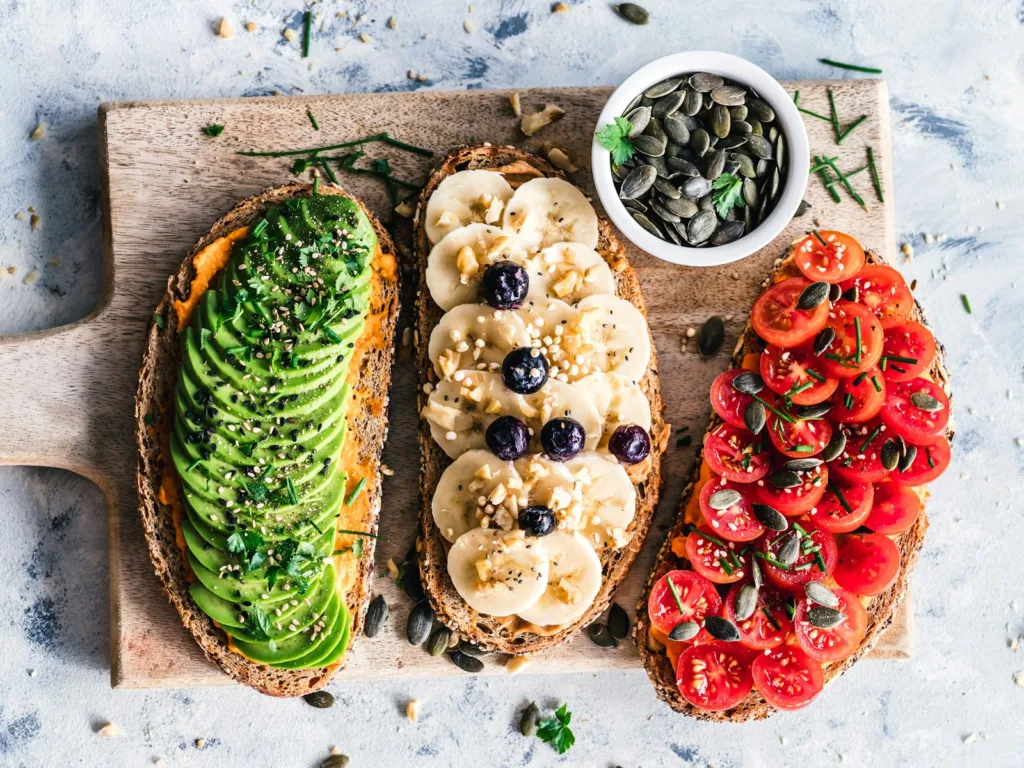Understanding the Basics of a Vegan Diet
A vegan diet refers to a type of vegetarian diet that excludes not just meat but also animal products. This includes products like milk, cheese, and eggs. On the other hand, a plant-based diet focuses more on foods derived from plants, including vegetables, whole grains, legumes, fruits, nuts, and seeds. Both approaches don’t include any foods or food products that come from animals. A Plant-Based Diet is perceived as a healthier alternative because it is usually low in saturated fat and rich in fiber.
Incorporating Plant Proteins into Your Meals
Contrary to popular belief, there are plenty of plant-based protein sources available. Some of the best include lentils, which can be incorporated into stews, curries, salads, and more; chickpeas, which can be roasted for a snack or added to salads; and tofu, which can be marinated and cooked in a variety of ways. Additionally, many whole grains like quinoa and brown rice contain a decent amount of protein. By mixing these into your diet, you can ensure you still get plenty of protein without consuming any animal products.

Navigating a Dairy-Free Lifestyle
Adopting a vegan or plant-based diet means saying goodbye to dairy products such as milk, cheese, and yogurt. Fortunately, there are many dairy alternatives available. Almond, soy, oat, and rice milk are all excellent substitutes that can be used in everything from cereal to coffee. Also, many stores now offer a wide range of vegan cheeses and dairy-free yogurt options.
The Vegetarian Lifestyle and its Principles
While some people choose a vegan or plant-based diet for health reasons, others do so for ethical reasons. The principles of vegetarianism often revolve around a concern for animals and a desire to reduce environmental impact. In addition to abstaining from eating meat, many vegetarians also avoid wearing clothing made from animals and using products that were tested on animals.
Hope for Your Health: Facets of Healthy Eating
The adoption of a plant-based diet doesn’t just help the environment; it can significantly improve your health. Studies have associated these diets with lower blood pressure, reduced cholesterol, and lower rates of heart disease, type 2 diabetes, and some types of cancer. Consuming a diet rich in fruits, vegetables, whole grains, and legumes can offer your body the essential vitamins and minerals it needs to operate optimally.
Practicing a Cruelty-Free Lifestyle
In addition to a plant-based diet, for many, choosing a nonviolent, cruelty-free lifestyle extends beyond their plates. This can involve buying products that are not tested on animals, or wearing clothes made from non-animal materials. It’s a holistic approach to living that is gentler on our planet and seeks to minimize harm and suffering wherever possible.
Transform Your Health with a Plant-Based Diet
Switching to a plant-based diet can be revolutionary for your health. Since these diets are typically low in saturated fat and high in fiber, they help prevent chronic diseases and can assist in maintaining a healthy weight. Also, a well-balanced plant-based diet is rich in protein, vitamins, and minerals, not to mention the powerful combination of phytochemicals and antioxidants that work together to prevent cellular damage and fight disease.
Embracing the Assortment of Vegan Ingredients
One of the joys of veganism is exploring the myriad of plant-based ingredients out there. From tempeh and tofu to seitan and jackfruit, there are various plant-based protein sources to choose from. And let’s not forget the array of fruits, vegetables, grains, nuts, and seeds that a vegan diet incorporates. With so many ingredients to choose from, the vegan plate is rich in flavors and textures.
Mastering Vegan Cooking Techniques
Adopting a vegan lifestyle also expands your culinary repertoire by introducing you to new cooking techniques. From learning how to make a creamy sauce without dairy to perfecting the art of tofu marination, the possibilities are endless. Essential techniques include soaking and cooking legumes, preparing whole grains, making vegetable broths, and using a variety of seasoning methods to enhance flavors.
What’s in Your Plate: Vegan Meal Ideas
Finally, it’s time to put your knowledge into action. A hearty vegetable stew or a spicy curry with chickpeas serves as a satisfying dinner. A salad of leafy greens, quinoa, fresh fruits, and nuts is both nutritious and fulfilling. For breakfast, consider a smoothie made with plant-based milk, berries, bananas, and a tablespoon of your favorite nut butter. When your plate is filled with colorful and diverse plant foods, eating vegan can be an enriching and nourishing choice. Opting for a vegan or plant-based diet not only benefits your health, it also contributes to a sustainable and compassionate world. With countless ingredients to work with and numerous health benefits, it’s certainly worth considering this alternative. As you start this journey, you’ll discover that a plant-based lifestyle can be not only revolutionary for your health but also fulfilling and delicious.